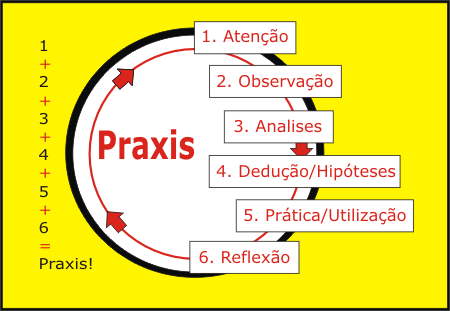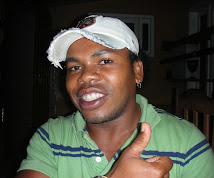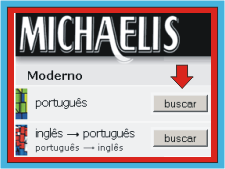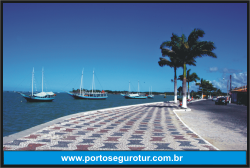
The "praxis" is the most efficient way to discover and to learn to use the Portuguese language. I pay close attention to the context, linguistic input and non-verbal cues around me;
I observe interaction and the words people use, as well as closely studying the written word; I analyze what I see, by looking for pattern that repeat themselves; I deduce and develop hypotheses about what the rules are that govern phonetics, grammar and non-verbal cues; I put words and phrases into practice to see if I can pronounce and order them well enough to make myself understood by others, as well as understanding what others say, which are the two most important tests of linguistic competence; and then I reflect on what has been successful in my communication and what has not, so that I can reuse successful practices while abandoning those that don't work.
When I use each of the above steps every day, at least a little bit, then I can see my own progress on a daily basis. I understand more often, I am more often understood by others, and people compliment me on my improvement.
When I first began studying Spanish, I studied at a university. All year I anxiously studied, afraid that I wasn't learning all that I should, and dreading the final exam, after which the teacher would tell me whether I had learned or not.
Then I traveled to Chile, a Spanish-speaking country, and I quickly discovered that I had learned virtually nothing about Spanish during my year of study that would help me understand people who speak Spanish and make myself understood.During that trip, I read the revolutionary Brazilian educator Paulo Freire's "Pedagogy of the Oppressed", a book about his philosophy of education and the role of the teacher and the role of the students when learning to read and write in Portuguese. Paulo Freire said, essentially, that to be empowered by and through the learning process, students must focus on subject matter that is directly and immediately relevant to them, to their daily challenges, concerns and aspirations. They must begin their literacy training by learning to read and spell the words that they most need to grasp and communicate their own realities, whatever they be.
Inevitably, then, a text book designed for teaching wealthy white children in São Paulo will be inappropriate for teaching Blacks adults who are struggling daily in the favelas of Salvador. They both need the same kind of education, which is an education based on subject matter that is relevant to their radically different lives.
Paulo Freire said that there are basically two approaches to education: one that sees the student's head as a basket to be filled by the teacher with factoid nuggets that are to be memorized by the student. In this model, the student is said to have "learned" if s/he can faithfully repeat what s/he has been told.
In Paulo Freire's model, the student discovers how to read and spell the words that express what the student has been thinking and feeling. The newfound ability to communicate this reality is empowering and even exhilarating, creating in this way the motive force that rewards the student for her efforts.






